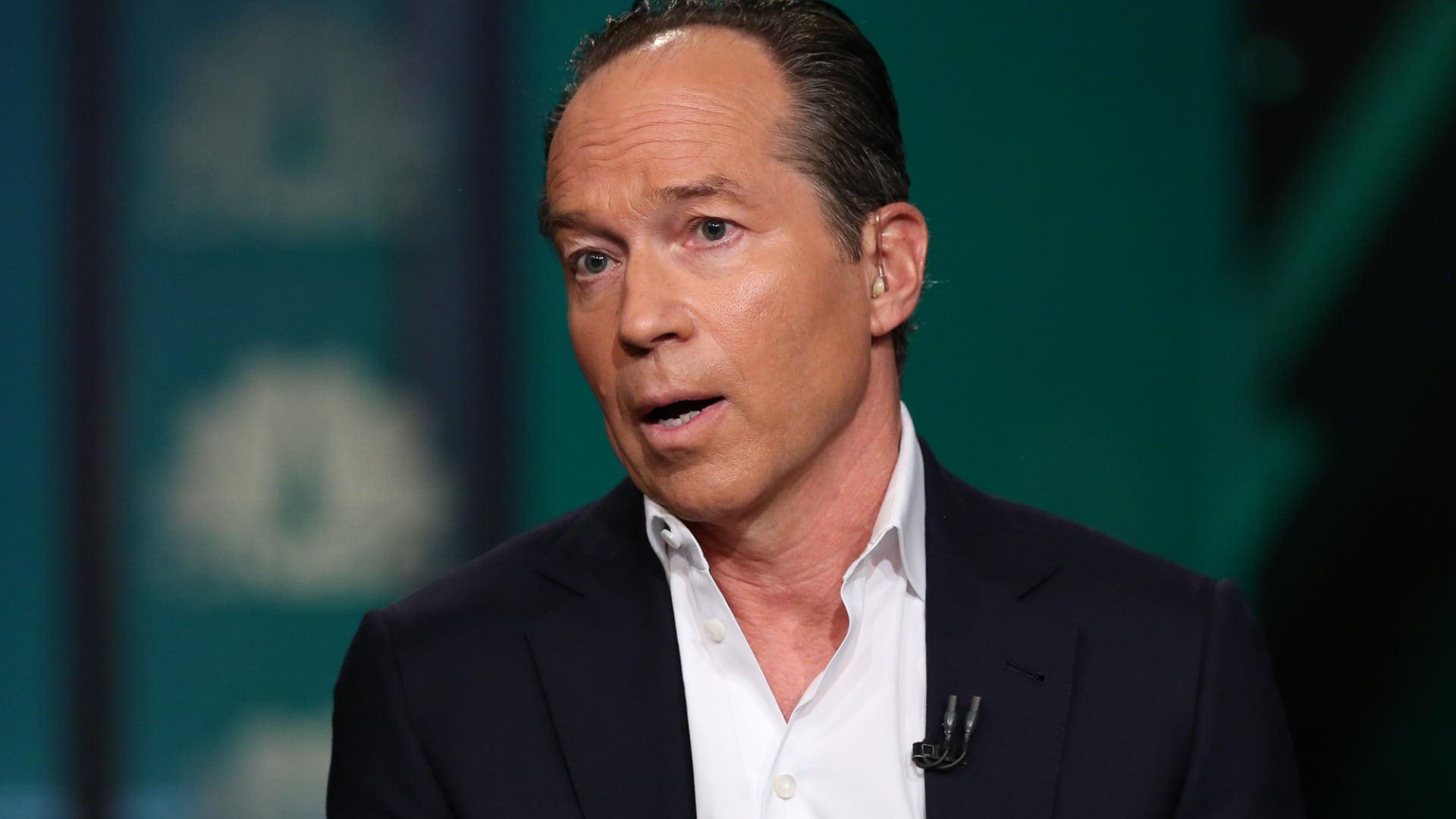Copyright dowjones

Investment firms face some climate-related risks that apply across sectors, including regulation and competing requests from supporters and opponents of sustainability initiatives. But the firms face other risks that are more specific to the sector, including risks to portfolio companies and financial risks arising from a willingness by financial institutions to fund fossil fuels. Some fund management firms apply environmental, social and governance screens to investments to determine risk. Putnam Funds Trust, for example, in an amendment to a registration statement published on Sept. 25, said it “believes that ESG considerations, like other, more traditional subjects of investment analysis such as market position, growth prospects, and business strategy, have the potential to impact financial risk and investment returns.” Fortress Private Lending Fund, in a registration of securities disclosure from Aug. 4, looked at the potential impact of climate risks on portfolio companies in the fund. “Climate change creates physical and financial risk and some of our portfolio companies may be adversely affected by the exposure to environmental conditions such as droughts, famines, floods, storms, wildfires and other climate change and environmental-related events,” it said. Fortress said it had conducted an analysis of how the valuation of its portfolio could be affected by different climate-related outcomes, including adherence to net-zero policies and a delayed energy transition away from fossil fuels. Some investment firms pointed to the risk of failing to satisfy pro and anti-ESG stakeholders, which Fortress noted includes those who are both supportive and skeptical of the value of ESG screening in the investment process. “Such scrutiny could expose Fortress to the risk of antitrust investigations or challenges by state or federal authorities, result in reputational harm, require certain investors to divest or discourage certain investors from investing in Fortress funds,” It said. Applying ESG criteria to investing is inherently complex, Fortress said, as “there are also significant differences in interpretations of what ESG characteristics mean by region, industry and topic, as well as interpretations of their scope and materiality.” Because of perceived risk, and with the support of advocates of climate-related policies, some financial institutions have backed away from funding fossil-fuel energy. Cohen & Steers ETF Trust, in an amendment to a registration statement published on July 28, noted this as a risk for energy producers. Cohen & Steers also highlighted the risk of climate-related regulation, which is a common theme through risk disclosures by companies in many sectors. “Climate change regulation…could significantly affect the Fund or its investments by, among other things, increasing compliance costs or underlying companies’ operating costs and capital expenditures,” it said.



